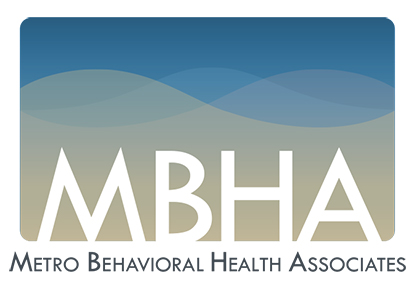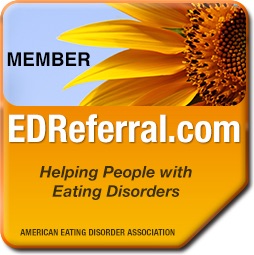Embracing Discomfort: A Path to Personal Growth
 Discomfort, by nature, can feel unsettling. Many of us instinctively shy away from those moments that challenge us—when the unknown looms and unpredictability heightens our anxiety. Our bodies react swiftly to this psychological tension, alerting our brains that something feels off, that we need an escape. Physically, this might show up as sweating, nausea, or even panic. Mentally, it can be an inner critic amplifying our doubts and insecurities. These sensations can be so intense that avoiding discomfort often feels like the safest route.
Discomfort, by nature, can feel unsettling. Many of us instinctively shy away from those moments that challenge us—when the unknown looms and unpredictability heightens our anxiety. Our bodies react swiftly to this psychological tension, alerting our brains that something feels off, that we need an escape. Physically, this might show up as sweating, nausea, or even panic. Mentally, it can be an inner critic amplifying our doubts and insecurities. These sensations can be so intense that avoiding discomfort often feels like the safest route.
In recent years, our collective tolerance for discomfort has noticeably waned. The rapid pace of societal shifts—from political movements and social media’s dominance to the profound impacts of the pandemic—has pushed many of us toward avoidance rather than confrontation. If texting feels less daunting than making a phone call, we text. If turning off the camera during a virtual meeting feels easier, we opt for that. If the anonymity of a kiosk or the convenience of online shopping spares us from face-to-face interactions, we choose that route. The allure of comfort is ever-present in a world where we can order groceries, stream workouts, and even socialize without leaving our homes.
If you find that you are resonating uneasily with this pattern of avoidance, you are not alone. This pattern reflects a broader trend that has left many feeling disconnected from their own resilience. At Metro Behavioral Health Associates, we acknowledge that discomfort is not only a natural part of life but also a catalyst for personal growth.
Dialectical Behavior Therapy (DBT) has a powerful tool called the Opposite Action Skill, which encourages us to confront discomfort rather than shy away from it. This skill teaches us to do the opposite of what our anxiety-driven instincts urge us to do. By leaning into discomfort—whether it’s making that phone call, ordering food in person, or engaging in social interactions—we gradually reduce its intensity. Over time, what once felt overwhelming becomes manageable, even empowering.
Exposure therapy can be another highly effective approach, particularly for those who wish to deepen their practice of confronting discomfort. Working with a therapist, individuals can methodically and safely expose themselves to situations that cause anxiety, fostering a sense of mastery over time.
Ultimately, the path to change requires us to go through discomfort, not around it. With the right motivation and support, we can transform discomfort into an opportunity for significant personal growth. At Metro Behavioral Health Associates, we’re here to guide you on that journey, helping you face challenges with courage and fostering the belief that you are capable of more than you ever imagined.
Written by Kimberly Gevint, she/her, LCSW-R, Individual, Family, and Group Therapist at Metro Behavioral Health Associates.
Kimberly Gevint has over ten years of experience in the mental health field, providing individual, family, and group therapy for those navigating life transitions, anxiety, depression, and struggles with food and body image. She incorporates Cognitive Behavioral Therapy, Exposure Therapies, and Behavioral Activation Therapy in her holistic approach to care, fostering a warm, culturally sensitive, and weight-neutral environment.

Helping You Gently Find Your Balance
Ask About Our Free Consulation
Control binge eating and get on the path to recovery. This book provides trusted information, resources, tools, and activities to help you and your loved ones understand your binge eating — and gain control over it.
Certified Eating Disorder Specialist designation by the International Academy of Eating Disorder Professionals



